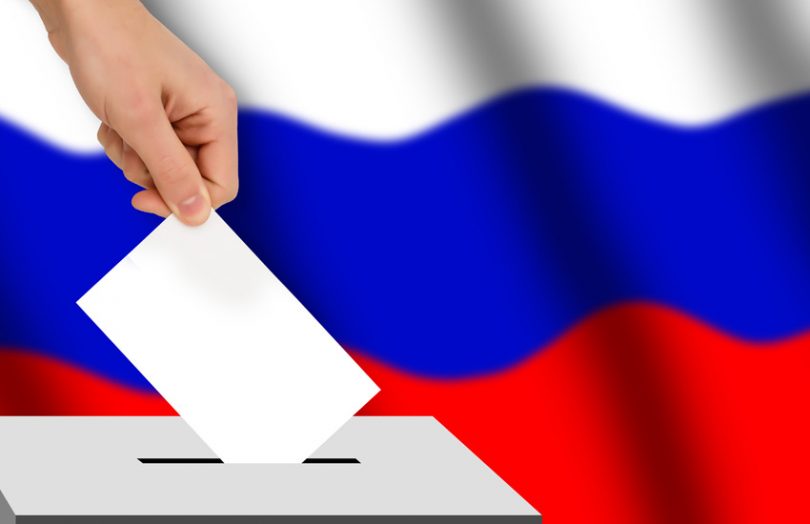Last week during its parliamentary elections, Russia trialed two online blockchain voting systems. Claims of foul play with e-voting have followed.
Outside of blockchain voting, the elections have been widely criticized both internationally by the EU, US and UK, as well as domestically. However, some have compared domestic criticism to Donald Trump’s objection to the 2020 Presidential results. “They (opposition) couldn’t help but sound a lot like Donald Trump and his fans screaming their frustration as mail-in votes swung one outcome after another,” wrote a Bloomberg columnist.
E-voting attracted attention because these online votes appeared to flip the election outcome shown at the physical ballot boxes in some jurisdictions. Online voting results should be immediately available but instead were delayed by several hours.
“It was originally planned that at 20 o’clock the observers were disconnected from the control over the DEG (online voting system). And in their opinion, everything is fine when the system collapsed from 21 o’clock and showed no signs of life until the morning until they finally posted the results that should have been calculated instantly,” said the opposition Communist Party.
The official explanation was people were allowed to change their votes as many as seven times, and there was a need to check that only the final vote was counted.
A group of opposition politicians is calling for electronic voting to be banned.
Online voting is a controversial topic, and blockchain online voting brings additional issues. While blockchain can provide a single source of ‘truth’, it does not prove that the data added is valid.
Last year, MIT and Harvard researchers pointed out that these systems are vulnerable to hacking. “Blockchain does not solve the fundamental security problems suffered by all electronic voting systems,” said the report.
In Russia’s case, officers have tried to make it theoretically possible for each voter to check how their vote has been tabulated. However, election observers say they were shut out of the Moscow system before the tally was announced.
Last week’s election saw the trial of two electronic voting systems – one commissioned by the Moscow city government’s IT Department for the city’s use and another from the national telecommunications provider Rostelecom PJSC.
Russia has not had a smooth journey when it comes to the roll out of its e-voting technology. Last year, its blockchain-based voting system crashed soon after it went live.
However, the country has been keen on utilizing blockchain technology and implemented it during the vote on waving the two-term restriction on presidential appointments last year.
If successful, online voting would make the process less time consuming for citizens, potentially making counting more efficient, increase voter turnout, and reduce associated election costs.
But it’s tough to ensure that it can be trusted.
Simplistically, to corrupt physical voting across many jurisdictions would involve a significant number of people. Manipulating e-voting requires just a handful of people, or even one.
Meanwhile, in June, Korea approved the pilot of a blockchain-based voting that can be used by more than 10 million people. The Indian Election Commission also re-stated its interest in exploring blockchain for remote voting.






